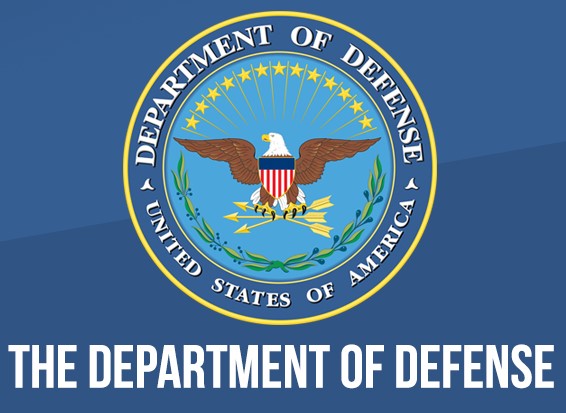The US Senate approved the annual defence policy bill with a compromise 886 billion USD package that laid out how the pentagon will be funded through the next fiscal year.
The vote to approve the National Defence Authorization Act (NDAA) was 87-13.
Six Republicans and six Democrats voted against the bill: Sens. Cory Booker (D-N.J.), Mike Braun (R-Ind.), Josh Hawley (R-Mo.), Mike Lee (R-Utah), Cynthia Lummis (R-Wyo.), Ed Markey (D-Mass.), Jeff Merkley (D-Ore.), Rand Paul (R-Ky.), J.D. Vance (R-Ohio), Elizabeth Warren (D-Mass.), Peter Welch (D-Vt.) and Ron Wyden (D-Ore.). Sen. Bernie Sanders (I-Vt.) also opposed it.
It is to be noted that the National Defence Authorization Act (NDAA) is one of the largest bills passed annually by lawmakers and is a yearlong process for Congress.
The defence bill was finalized by conference negotiators in the House and Senate last week, after the chambers passed vastly different versions over the summer, with House Republicans slipping in provisions on the culture wars engulfing America.
The final bill dropped many of the controversial House amendments.
An amendment to block the Pentagon’s abortion policy failed to make it into the NDAA, as did another preventing the Defence Department from funding gender-affirming surgery.
Now, the House lawmakers will next take up the legislation.
The bill faces resistance in the House from far-right lawmakers who are opposed to the package, in part because it fails to include House-passed provisions to rid the Pentagon of what they say are “woke” policies.
In addition to keeping the Defence Department’s programs and policies funded, the defense bill will authorize tens of billions of dollars for aircraft and ships and give a historic 5.2 percent pay raise to troops.
The NDAA also targets bolstering U.S. national security abroad, with $11.5 billion slated to deter China in the Indo-Pacific region and another $800 million to support Ukraine.
Senate Majority Leader Chunk Schumer urged the senators to pass the NDAA as the US faces challenges across the globe.
The only major resistance to the NDAA in the Senate came from Sen. Josh Hawley (R-Mo.), who said he would vote against the bill because it failed to include compensation for victims of radiation exposure in his state and extend those protections.
He put up a couple procedural hurdles in its path to a final vote.
Hard-line Republicans, including Rep. Chip Roy (R-Texas) and Marjorie Taylor Greene (R-Ga.), are vowing to vote against the NDAA in the House because those amendments are not included.
They are also upset about a short-term extension of Section 702 of the Foreign Intelligence Surveillance Act (FISA), which allows for warrantless surveillance of foreigners abroad but is controversial because Americans can get swept up in the surveillance.





